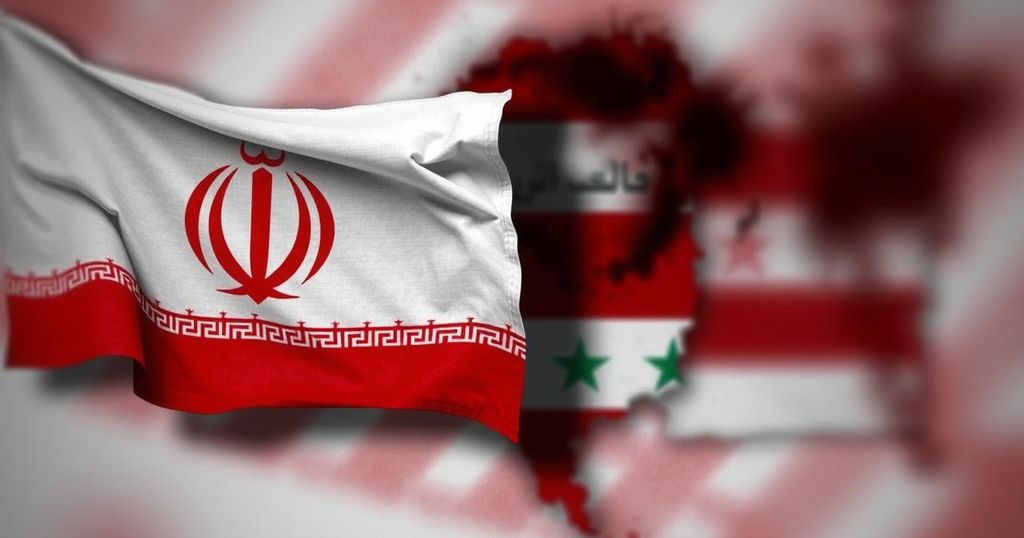Iran’s Withdrawal from Syria: A Major Shift in Middle Eastern Geopolitics
Iran is beginning to evacuate its military and diplomatic personnel from Syria, marking a significant shift away from its support of President Bashar al-Assad amid escalating rebel attacks. This withdrawal threatens to alter the balance of power in the Middle East by weakening Iran’s regional influence and strengthening its adversaries, particularly Israel.
The longstanding alliance between Iran and Syria, forged over the last four decades, faces unprecedented challenges as Iran begins to withdraw crucial military support from the Assad regime. This strategic retreat comes at a time when President Bashar al-Assad is grappling with significant rebel advances, posing an existential threat to his rule. With Iranian military personnel and diplomatic staff evacuating, this once-solid partnership is now under strain, leading to fears of a substantial shift in the regional balance of power. The implications of Iran’s exit could destabilize the axis of resistance comprising Iran’s allies in the Middle East, while simultaneously boosting Israel and its regional partners.
For over 40 years, Iran has been a pivotal supporter of the Syrian government, providing military assistance, resources, and a forward base for its ambitions in the Middle East. This partnership has allowed Iran to exert influence over key regional conflicts and extend its reach throughout the area. However, recent conflicts, particularly following the Oct. 7 attack on Israel by Hamas, an ally of Iran, have strained Iran’s military capabilities and resources, thus prompting a strategic withdrawal from Syria amid a perilous time for the Assad regime.
The withdrawal of Iranian forces from Syria signals a critical turning point in Middle Eastern geopolitics. The potential collapse of the Iran-Syria partnership could have far-reaching consequences, significantly empowering regional adversaries such as Israel while diminishing the operational capabilities of Iran’s network of allied militant groups. The future of the ‘axis of resistance’ that Iran has cultivated may hang in the balance, particularly if the Assad government falls to rebel forces.
Original Source: www.nytimes.com




Post Comment